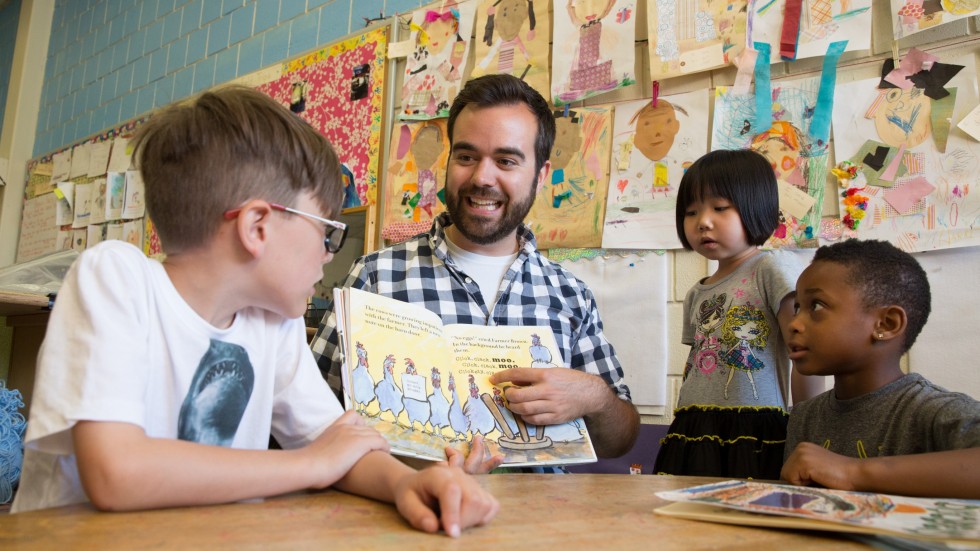Diversity, Equity & Inclusivity Specialization
This community education program leads to a master's degree in inclusive education with a specialization in diversity, equity and inclusivity.

Program Overview
The Inclusive Education Master's Degree Program is designed to foster the skills to help educators respond to the realities, demands and challenges of educational spaces while keeping a focus on equity, social justice, diversity and accessibility.
In this program, students will:
- explore educational equity, social justice education and intersectionality
- identify systems that perpetuate oppression and inequity in education settings inside and outside of schools
- develop leadership skills to help promote school equity
All inclusive education master's students are required to take five core inclusivity courses as well as the coursework for their specialization. For the Diversity, Equity & Inclusivity Specialization, courses such as Race, Religion, Culture & Language and Diversity, Disproportionality & Discipline prepare educators to create and lead an inclusive environment for diverse student populations.
Sample Courses
Gender Identity, Expression & Sexuality in Schools
Race, Religion, Culture & Language
Contact Information
Graduate & Professional Studies Admission assists students as they explore graduate and professional opportunities offered at Stonehill College.
Meet the Director of Graduate Teacher Education
